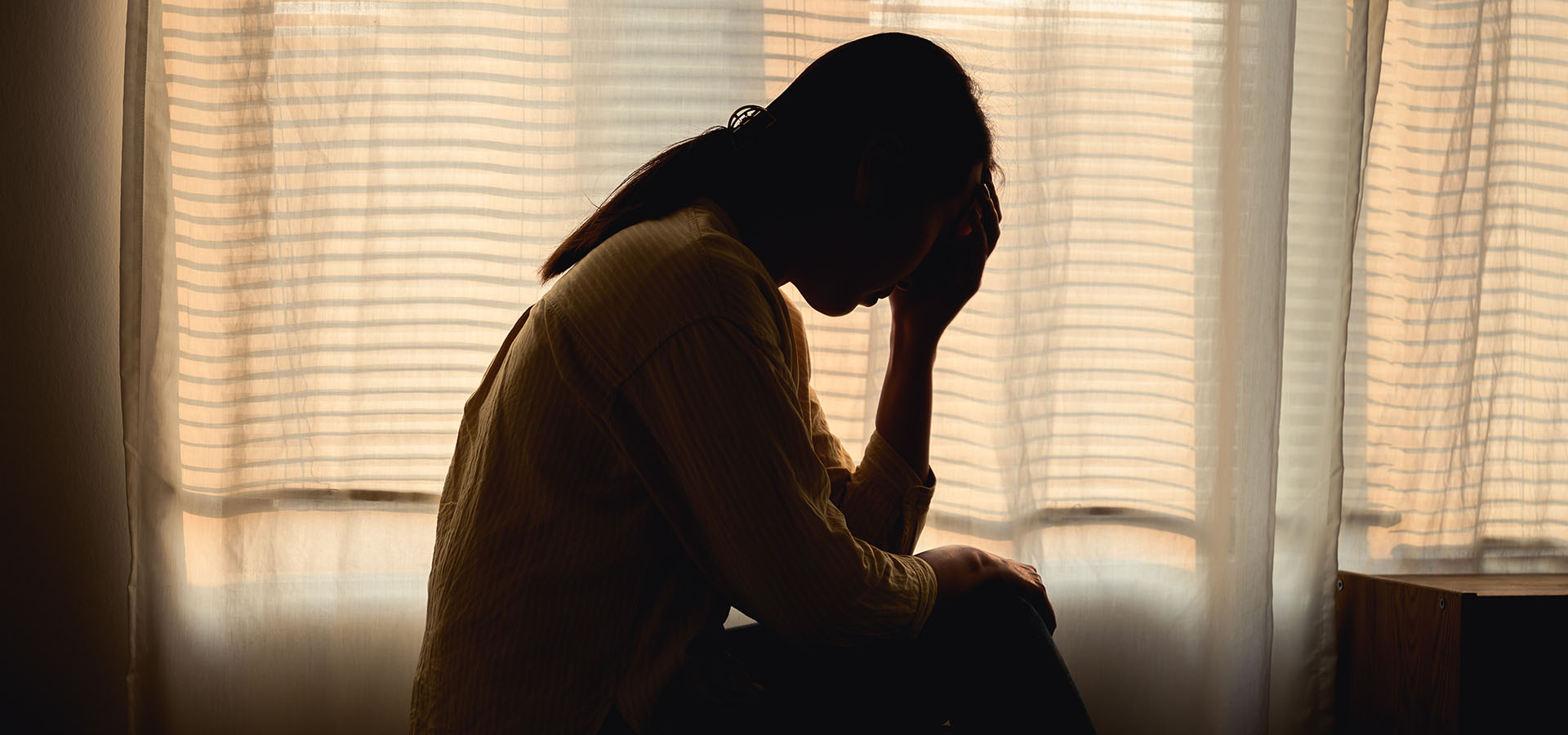For years, I thought my menstrual cycle was governed solely by my physical health. I believed that if I ate right, exercised, and took care of my body, my periods would follow a predictable pattern. But then came a period of intense stress at work, and everything changed. My once-regular cycles became erratic. Sometimes my period arrived early, sometimes late, and occasionally, it skipped altogether. That’s when I began to realize just how intertwined emotional health and menstrual cycles truly are.

The relationship between stress and periods is one that many women overlook. We often see our menstrual cycle as something separate from our emotional well-being, but the truth is, they are deeply connected. When we experience stress, our bodies release cortisol, the “stress hormone.” While cortisol plays a critical role in helping us respond to challenges, too much of it can wreak havoc on our bodies, particularly on our menstrual cycle. High levels of cortisol can interfere with the production of reproductive hormones, leading to irregular periods, heavier or lighter flow, and even missed periods.
Understanding the emotional impact on the menstrual cycle is crucial for managing not just our periods, but our overall health. Have you ever noticed how your emotions fluctuate throughout your cycle? It’s not just a coincidence. Hormones like estrogen and progesterone, which regulate your cycle, also influence your mood and emotions. When stress enters the picture, it can amplify these emotional swings, making the highs higher and the lows much, much lower. For me, a stressful week at work would often lead to a period that was both physically and emotionally exhausting, as if my body was mirroring the chaos in my mind.

So, how does stress affect periods exactly? It starts in the brain, specifically in the hypothalamus, which controls the release of hormones that regulate the menstrual cycle. When you’re stressed, your hypothalamus signals the adrenal glands to produce more cortisol. This spike in cortisol can suppress the normal levels of reproductive hormones, disrupting the delicate balance needed for a regular menstrual cycle. This is why stress can cause everything from late periods to more painful cramps. It’s not just the physical symptoms that are affected, though—stress can also intensify the emotional rollercoaster that often accompanies menstruation.
It’s clear that mental health and menstrual health are closely linked. When our mental health is compromised, whether due to stress, anxiety, or depression, our menstrual health often suffers as well. Conversely, a difficult menstrual cycle can take a toll on our mental health, creating a vicious cycle that’s hard to break. For me, the turning point came when I started focusing on my emotional well-being as much as my physical health. I began practicing mindfulness, learning to manage stress through breathing exercises, and making time for self-care. These changes didn’t just help my mental state—they also brought my menstrual cycle back to its regular rhythm.

At Tao to Wellness, we understand the profound connection between emotional and menstrual health. Our approach to women’s health is balanced, recognizing that the mind and body are inextricably linked. We offer acupuncture and herbal treatments that not only address physical symptoms but also help to balance emotional health, reducing stress and its impact on the menstrual cycle. If you’ve noticed that your periods are becoming irregular or more difficult during stressful times, it might be time to explore how these treatments can help. By addressing both the emotional and physical aspects of your health, you can find a more harmonious balance and enjoy a healthier, more regular menstrual cycle.
Remember, your menstrual health is not just about your body—it’s about your mind and emotions, too. By taking care of your mental health, you’re also taking care of your menstrual health. It’s all connected, and at Tao to Wellness, we’re here to help you navigate that connection with care and compassion.

